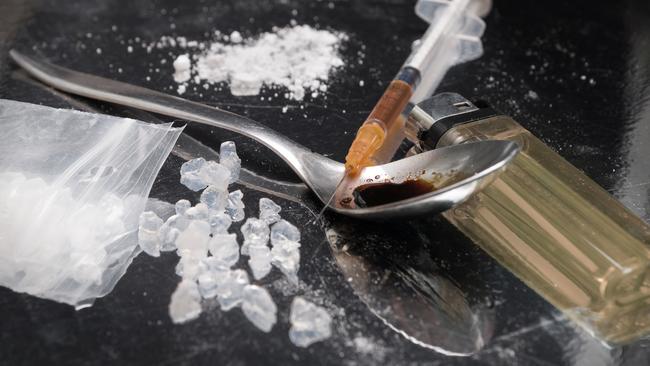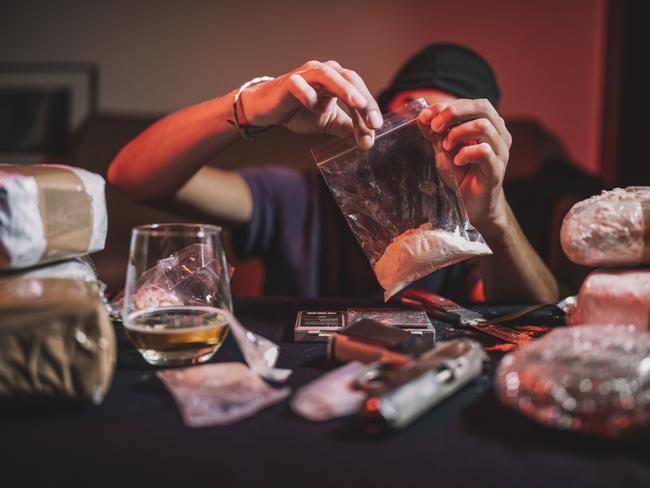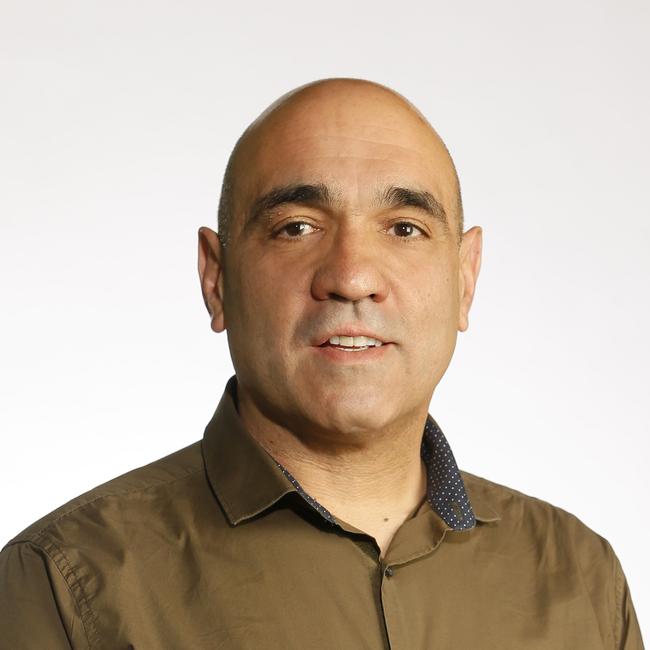Waitlist for drug and alcohol help doubles in five years, new data reveals
Waitlists for drug and alcohol rehab have nearly doubled since the pandemic, with the state’s peak drug treatment body calling for a complete overhaul of the system.

Leader
Don't miss out on the headlines from Leader . Followed categories will be added to My News.
Waitlists for drug and alcohol rehab centres in Victoria have blown out amid an overdose “crisis”, with the state’s peak drug services body demanding an overhaul of the government’s “inadequate” funding system.
Data from the Victorian Alcohol and Drug Association revealed waitlists for treatment services had nearly doubled since 2020, with more than 4600 people waiting for treatment on any given day.
It comes as 601 people died of overdose in 2023/24 — or 11 overdoses a week — the highest recorded in Victoria in a financial year.

In each of the last six years the number of overdose deaths have exceeded 500 people across the state — nearly double the amount of road fatalties.
VAADA chief executive Chris Christoforou said the “barriers” people faced to get help were “unsatisfactory”.
“The demand (for help) has definitely increased, the wait times have increased and that can sadly have some catastrophic consequences,” he said.
“The pathways for support can be difficult. It’s not that easy to get help when you need it.”

A Mildura mother, who did not wish to be identified, said her addiction “grew stronger and more controlling” as she waited for eight months for a bed at a rehab facility nearly 400km away in Bendigo.
“The waiting time for treatment is so long and the process is so drawn out that the damage I did to myself in those eight months will take years if I’m lucky enough to fully recover,” she said.
“I wish treatment had been easier to access, and I’d been in recovery fixing my life — as opposed to destroying it further waiting for a bed”.
Earlier this year the state government announced a new $36m rehab facility for Merbein in Mildura which would treat about 200 people a year and have 24/7 support.
Another Sunraysia woman, whose son took his own life while he waited for help, said rehab “could have saved his life”.
“There was just nothing available, nothing to help him. I believe if he had gotten in (to rehab) straight away, he would still be here today,” she said.
“There is just not enough around for addicts seeking rehabilitation, there’s just nothing around available for them, all the beds are taken.”
This week VAADA submitted 39 recommendations for next year’s state budget, with one of its top priorities being for the government to overhaul the Drug Treatment Activity Unit — the body which allocates funding for treatment services.
“The DTAU hinders the efficacy, flexibility, and sustainability of AOD services, impedes
effective service planning and creates funding gaps across the state and needs to be
prioritised for resolution,” the report stated.
Mr Christoforou said the current DTAU system was “inflexible” and the allocation of resources was “often misaligned”.
“The Department of Health is currently conducting a review ... and it’s critical that it happen particuarly if there hasn’t been a review of the pricing structure for over a decade,” he said.
“We’re calling for an immediate uplift ... we think there’s an urgent need to address that.
“We need more flexibility in the model so that people can get support at the right time without providers having to scrounge for resources for what may be a complex mental health issue or someone through their substance abuse connected to the justice system or family violence.”
VAADA has recommended the rate for all AOD services be increased by 20 per cent while a new pricing model is developed that includes a “base funding amount that supports core business in addition toany service provision.”
In the last budget the Allan government invested more than $376m towards AOD services.
A Victorian government spokesperson said people struggling with addiction “deserved the best care”, with government recently appointing Dr Paul MacCartney as Victoria’s first Chief Addiction Medicine Adviser.
“We have doubled our annual investment to change and save Victorian lives through our drug and alcohol treatment and support services,” he said.
“We know that there’s always more to do to reduce drug and alcohol harms in our community — it’s why we’ve appointed Victoria’s first Chief Addiction Medicine Adviser, we’re establishing a standing advisory committee of sector experts, and developing Victoria’s first Alcohol and Other Drug Strategy.”
The content summaries were created with the assistance of AI technology, then edited and approved for publication by an editor.




